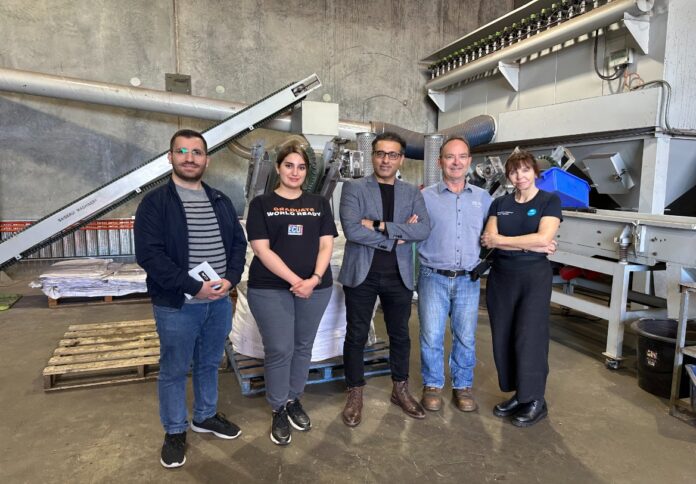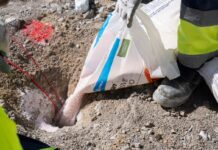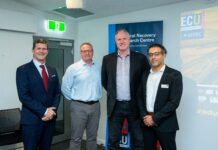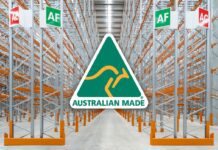
Edith Cowan University (ECU) has collaborated with Bunbury scrap metal merchants Connop Metal to address the difficulty in recycling by developing what it claims as a world-first method for analysing the chemical compositions of PVC, making it recyclable in Australia.
Polyvinyl Chloride – better known as PVC – has long been one of the world’s most popular plastics – however, for a number of reasons it has proven difficult to recycle, ECU revealed in a press release.
ECU Engineering lecturer Dr Amir Razmjou remarked the partnership combines research and infrastructure to influence the future of recycling.
“Recycling PVC materials is an important step towards sustainability, and it can have a significant impact on reducing waste,” Dr Razmjou said.
He further noted that the ECU team is working on a project to recycle PVC materials and adapt them for usage as components in products for resource recovery and water and wastewater treatment systems.
According to the university, this requires investigating the chemical composition of the recycled PVC and its impurities, as well as implementing a viable conversion technology.
By doing so, the team of researchers aim to help reduce the amount of PVC waste ending up in landfill or the ocean.
Connop Metal owner Murray Connop also said the collaboration between his business and ECU could influence the course of PVC recycling in the future.
“Having a goal for my company to achieve zero waste and knowledge that the PVC waste produced around the world needs to have a viable recyclable business model to keep it out of landfill I knew I could not achieve this alone,” Connop stated.
According to Vinyl Council Australia, it is predicted up to 70,000 tonnes of recyclable PVC products arrives in landfill each year.
This represents potential reprocessing opportunities, which industry experts claim might lead to local job creation and business investment.
“There are major challenges in Australia for recycling PVC such as the low cost of virgin polymer and the high costs and carbon footprint of reprocessing and product development,” Dr Razmjou explained.
He added, “Although appropriate recycling technologies are available, their economics for recycling PVC are unfavourable; therefore, developing a green, low-cost, and high-valued product from recycled PVC is highly sought-after.”
The university said the research collaboration is expected to span 10 months.




















